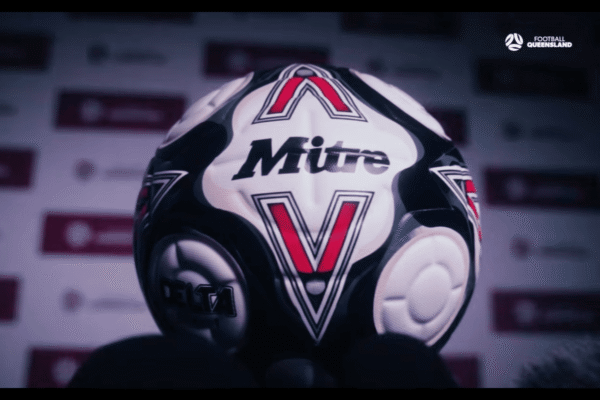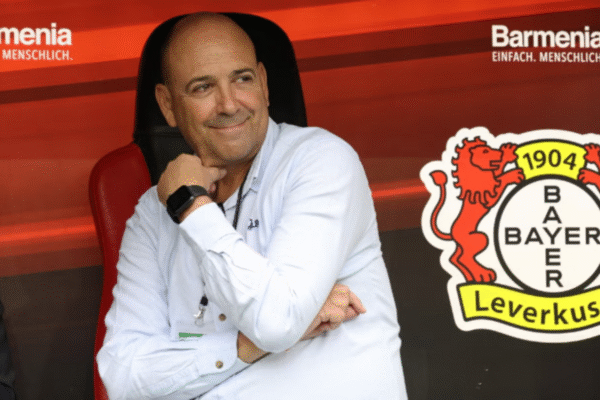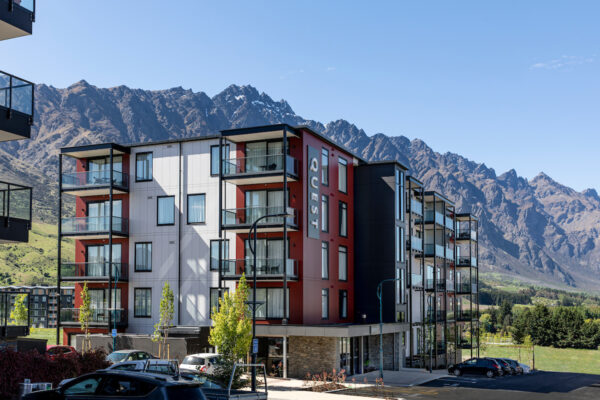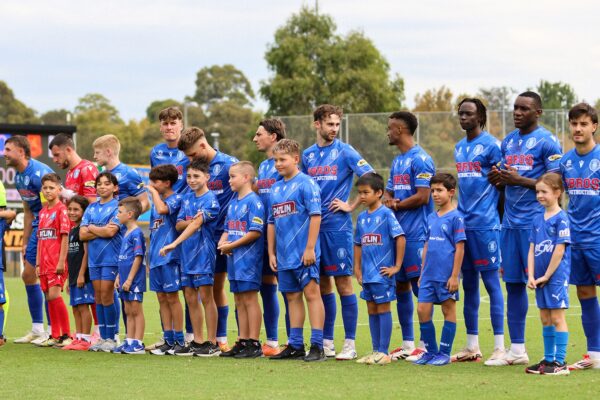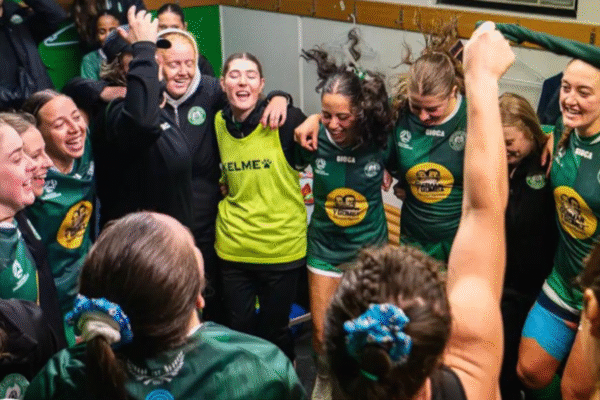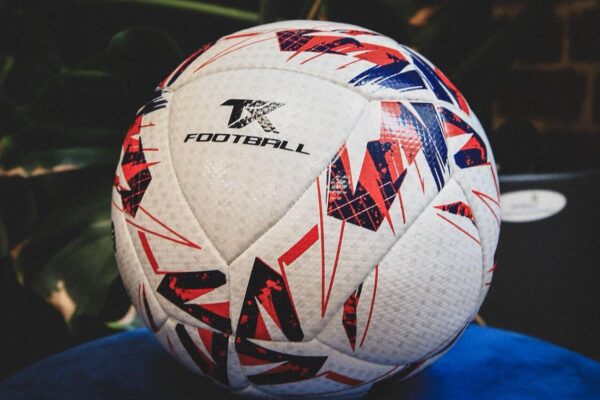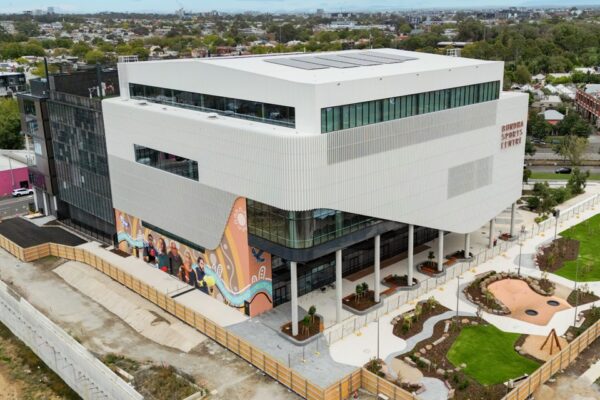
French Ligue 1 side Stade Brestois 29 has announced a crucial partnership deal to help finance their new stadium.
This vital new agreement is a naming rights deal with French banking group Crédit Mutuel Arkéa.
The deal will allow Arkéa to hold the naming rights to the Brest’s new 15,000 seat stadium, which is currently referred to as Projet Espace Froutven.
Arkéa has had a long running relationship with Brest for over 50 years with the Bank having naming rights since 2010 to a stand at Stade’s current home, Stade Francis-Le Blé.
The investment will allow for the club to afford their new €106.5m ($179.34 AUD) home, something that at one stage looked unlikely as setbacks and rising costs began to plague the project. The club had expected the stadium to only cost €85m ($143 million AUD) however follow up estimates meant that the club had to go seeking new finance options.
This is where Arkéa has stepped in and with this stream of funding it looks as if the projects ambitious plans drawn up architect firm Groupe François de La Serre will come to life.
Co-owners of Stade Brestois 29, Gérard and Denis Le Saint spoke both to the clubs historic relationship with Arkéa and their excitement in the clubs new home coming to life.
“Arkéa is a major player in our region; it was obvious for us to associate it with this project that we want to serve the territory, carried by the actors of the territory,” they said via press release.
“Arkéa is also a long-time companion of Stade Brestois 29, a name that resonates with the history of the club and that of its historic stadium. By baptising the future stadium around the name of Arkéa, it’s a bit like transporting a little piece of (Stade) Francis Le Blé to Froutven.”

Crédit Mutuel Arkéa chairman, Julien Carmona, reiterated this messaging in their joint announcement, emphasising the two partners shared local roots and history.
“With our regional roots, our headquarters in Relecq-Kerhuon, and our historic commitment to sponsorship and sports patronage, it was natural for Crédit Mutuel Arkéa to support this project, to enable all Stade Brestois 29 supporters to live their passion in a space designed and scaled in line with our territory and the ambitions of the club,” they added via press release.
“Stade Brestois 29 and its management carry out a sporting and educational project, particularly through its training centre, which makes sense with our societal and economic vision of a cooperative and mutual bank.
“This partnership is the expression of our desire to support and encourage local initiatives that act in favour of the dynamism and development of our territory and are the pride of our region.”
The new stadium when complete will help to house 15,000 spectators – 11,800 of which will be general admission. Alongside this, the stadium will also feature state-of-the-art features which will help benefit players and fans alike. The upgrades will also involve community features such as a creche and a year-round well-being area something the club hopes will benefit the local community and reflect their community values.
Work on the stadium is planned to begin in 2025 and Stade Brestois 29 says their aim is to be rehoused by 2027. Crédit Mutuel Arkéa will hold the stadium’s naming rights for eight years.



